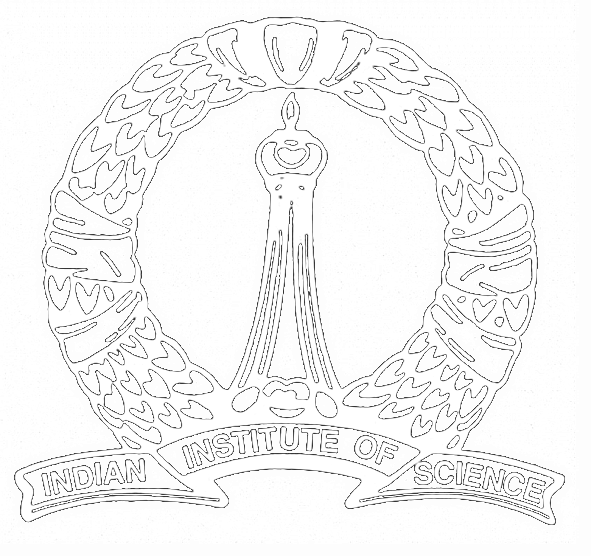APRG Seminar
Title: Automorphic Forms in Several Complex Variables
Speaker: Harald Upmeier (Universität Marburg, Germany; InfoSys Chair Professor, IISc)
Date: 13 November 2019
Time: 2:30-3:30 pm and 4-5 pm
Venue: LH-1, Mathematics Department
Automorphic and modular forms in one complex variable (on the upper half-plane) belong to the most important topics in complex analysis, with close connections to number theory. In several variables, automorphic forms arise in the study of moduli spaces, with important theorems in algebraic and analytic geometry concerning quotient spaces by properly discontinuous groups of holomorphic transformations and their compactification. In addition, they lead to new and largely unexplored connections to analysis and operator theory, giving rise to von Neumann algebras which are not of type I. Finally, in the multivariable setting the Fourier analysis of automorphic forms (theta functions) introduce new arithmetic structures such as divisibility in Jordan algebras of higher rank.
I plan to divide these lectures into four parts:
- Automorphic Forms in Complex Analysis and Algebraic Geometry
- Construction of multi-variable Automorphic Forms on Lie groups and Siegel domains
- Berezin Quantization of Automorphic Forms and type II von Neumann Algebras
- Scattering Theory on Symmetric Spaces and their non-compact Quotients
Recently, in connection with string theory and topological quantum field theory (in dimension up to 8) there has emerged the concept of topological automorphic forms. These connections to topology and mathematical physics may be explored at the end. Another important avenue is the connection to the Langlands program, where automorphic representations are more generally related to (discrete) series representations of algebraic groups.
1. Automorphic Forms in Complex Analysis and Algebraic Geometry
- Introduction: Why multi-variable automorphic forms?
- Quotient Spaces by finite linear groups (Cartan’s Theorem)
- Quotient Spaces by properly discontinuous groups
- Projective embedding of compact quotients of bounded domains
2. Construction and Fourier Analysis of Automorphic Forms
- Theta Functions on Lattices and Jordan Algebras
- Poincaré and Eisenstein Series on Lie Groups
- Siegel Domains and Satake Compactification
- Relations to Number theory and arithmetic lattices
3. Automorphic Forms and Operator Theory
- Reproducing Kernels and Berezin Quantization
- Toeplitz operators with automorphic symbols
- Group von Neumann algebras and intertwiners
4. Automorphic Forms in Scattering Theory
- Scattering in euclidean space and the upper half-plane
- Spherical functions on symmetric spaces
- Scattering operators on symmetric spaces
- Fourier transform and scattering matrix
- The Residues of the scattering matrix
- All seminars.
- Seminars for 2019
